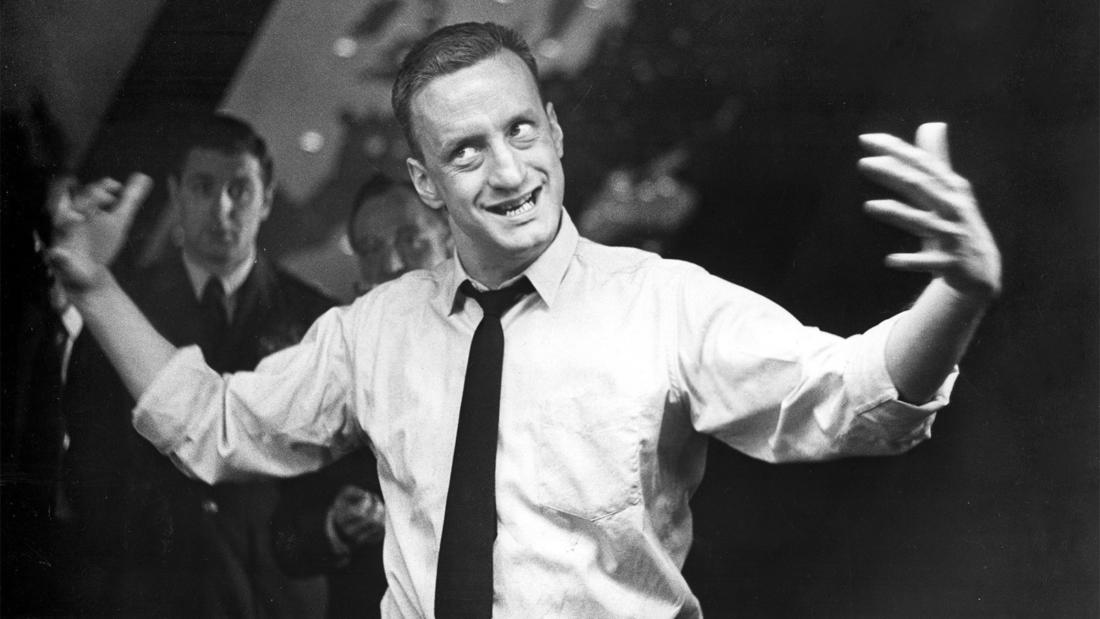
Honolulu Museum of Art Honolulu, HI
Michael D. Jones
Associate Professor in the Department of Physics at the University of Hawai'i at Mānoa
andJairus Grove
Director of the Hawai'i Research Center for Future Studies; Assistant Professor in Political Science and International Relations for the University of Hawai'i at Mānoa
Dr. Strangelove or: How I Learned to Stop Worrying and Love the Bomb— Recent threats of nuclear warfare
Program Description
Physics professor Michael Jones will discuss the physics behind nuclear warfare and what the general public should know about nuclear technology today. Political scientist Jarius Grove introduces the program via video chat with his analysis of current threats of nuclear war in light of the 2018 Hawaii nuclear scare. Part of the 2018 National Evening of Science on Screen.
Presented At
Honolulu Museum of Art Honolulu, HI
Film Synopsis
An insane general triggers a path to nuclear holocaust that a war room full of politicians and generals frantically try to stop.
Loaded with thermonuclear weapons, a US bomber piloted by Major T. J. "King" Kong (Slim Pickens) is on a routine flight pattern near the Soviet Union when he receives orders to commence Wing Attack Plan R, best summarized by Major Kong as "Nuclear combat! Toe to toe with the Russkies!" On the ground at Burpelson Air Force Base, Group Captain Lionel Mandrake (Peter Sellers) notices nothing on the news about America being at war. He soon discovers that the order was given by the insane General Jack D. Ripper (Sterling Hayden), who believes that fluoridation of the American water supply is a Soviet plot to poison the US populace. Meanwhile, President Merkin Muffley (also Sellers) meets with his top Pentagon advisors, including super-hawk General Buck Turgidson (George C. Scott), who sees this as an opportunity to do something about Communism in general and Russians in particular. However, the ante is upped considerably when Soviet ambassador Alexi de Sadesky (Peter Bull) informs Muffley and his staff of the latest innovation in Soviet weapons technology: a "Doomsday Machine" that will destroy the entire world if the Russians are attacked. This acclaimed political satire black comedy from director, producer, and co-writer Stanley Kubrick was nominated for four Academy Awards.
About the Speaker
Michael D. Jones joined the research faculty in the UH High Energy Physics Group in 1976. He was a post-doctoral research associate at Rutgers University, received his Ph.D in Physics at University of Chicago and his B.A. in Physics from Northwestern University.
Jarius Grove's work has centered on the ecology and future of global warfare. He is interested in the ways war continues to expand, bringing an ever greater collection of participants and technologies into the gravitational pull of violent conflict. He is also interested in various approaches to global relations such as systems theory, cybernetics, and complexity theory, as well as the role new media play in altering the interface with global relations. He grew up in Texas and went on to attend the University of Texas at Austin’s History Program. He received his Ph.D at Johns Hopkins University in International Relations.